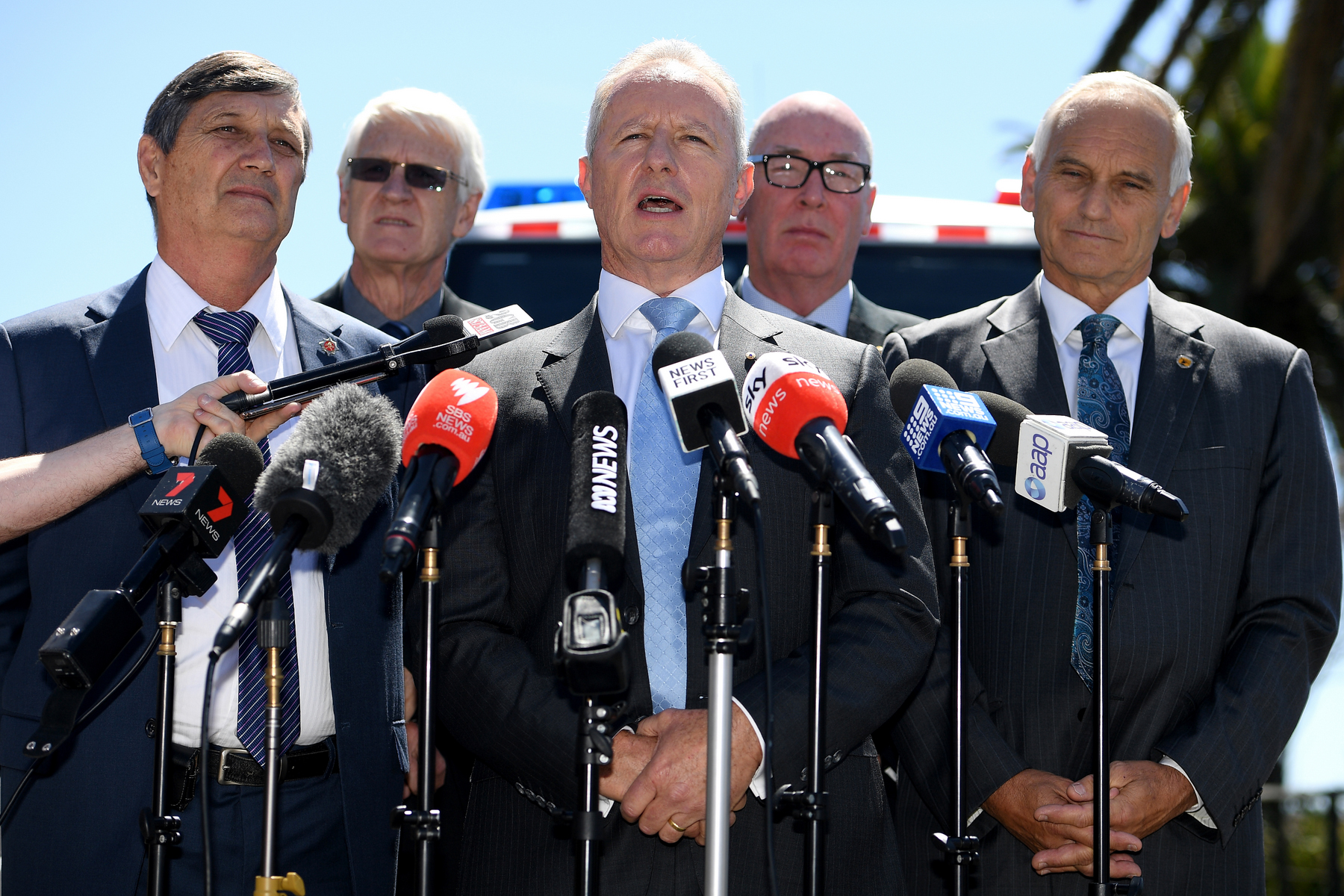Tackling climate change and reducing emissions is central to a new bushfire readiness plan released by a group of former emergency leaders.
The 165 recommendations from the plan were developed with more than 150 experts and community leaders, in conjunction with Emergency Leaders for Climate Action.
Key recommendations from the plan include: more resources for fire and land management agencies to manage fuels, more large aerial firefighting capability and an Indigenous-led national cultural fire strategy.
It also focuses on making insurance more affordable so Australians can bounce back after natural disasters and setting up a national climate disaster fund paid through a fossil fuel producer levy.
But former Fire and Rescue NSW commissioner Greg Mullins says reducing emissions is key to limit warming and consequently wild weather and natural disasters.
"All of this will be for nothing in the long run if we don't start to dial down the temperature globally," he told AAP.
"It's a crisis, it's a climate emergency so we've got to take drastic measures. "No more talk of rubbish like gas-fuelled recoveries, it's got to be renewables-led. No more fossil fuel projects at all and start to phase out fossil fuels."
"No more talk of rubbish like gas-fuelled recoveries, it's got to be renewables-led. No more fossil fuel projects at all and start to phase out fossil fuels."

Former NSW Fire and Rescue Commissioner Greg Mullins and other former emergency services chiefs were outspoken during last summer's bushfire crisis. Source: AAP
Mr Mullins says the group will meet with Emissions Reduction Minister Angus Taylor next month.
The former leaders were outspoken during last year's devastating fire season over the prime minister not meeting with them.
A royal commission has been launched over the deadly season, as well as a Senate inquiry into the government's response.
Inquiry chair and Labor senator Tim Ayres said his committee had received compelling evidence of the relationship between emissions, rising temperatures and the elevated bushfire risk.
"We were told the south coast of NSW faces another elevated risk this bushfire season ... particularly those areas not burned already," he told AAP.
"There was a cry for more support and help from the science community for more funding to deal with bushfire preparedness and mitigation."
The risks from more intense and longer bushfires went beyond the physical, he said.
He said there were also concerns about the withdrawal of mental health services from bushfire-hit areas as locums went back to Sydney due to the coronavirus pandemic.
"There must be a clear strategy so that everyone has access to the right services."


